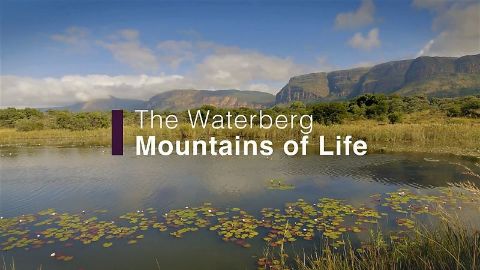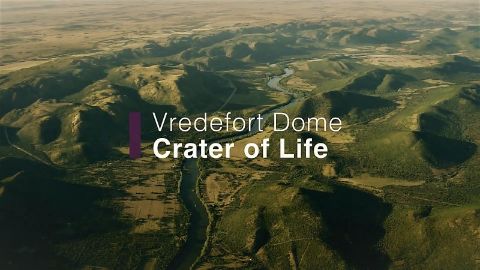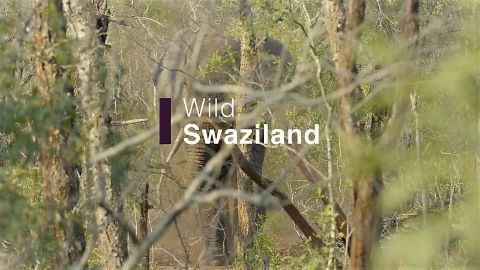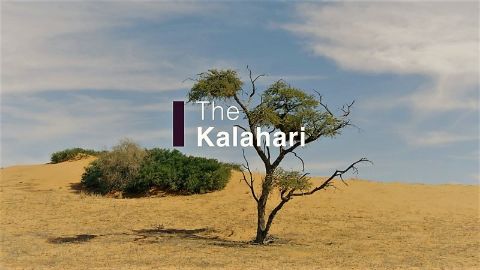Ngorongoro Crater Cursed Haven • 2017 • episode "S1E6" • Africa's Wild Horizons
Formed from the remains of a 2.5 million-year-old imploded volcano, the Ngorongoro crater is a study in contradictions: On one hand, it's a self-sustained and plentiful land that provides for the many animals that call it home. Conversely, its isolation threatens the existence of many of its key species. What does the future hold for this unique habitat?
Make a donation
Buy a brother a hot coffee? Or a cold beer?
Hope you're finding these documentaries fascinating and eye-opening. It's just me, working hard behind the scenes to bring you this enriching content.
Running and maintaining a website like this takes time and resources. That's why I'm reaching out to you. If you appreciate what I do and would like to support my efforts, would you consider "buying me a coffee"?
Donation addresses
BTC: bc1q8ldskxh4x9qnddhcrgcun8rtvddeldm2a07r2v
ETH: 0x5CCAAA1afc5c5D814129d99277dDb5A979672116
With your donation through , you can show your appreciation and help me keep this project going. Every contribution, no matter how small, makes a significant impact. It goes directly towards covering server costs.











